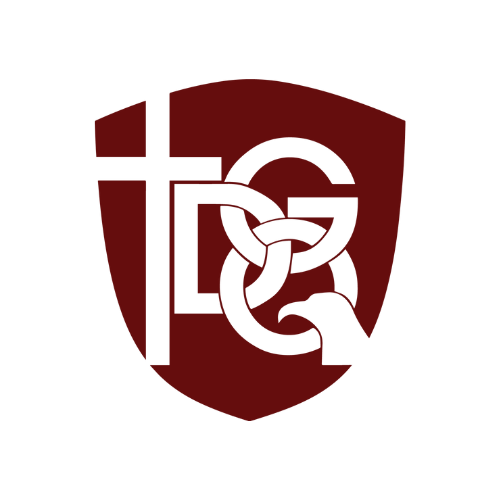Home › The GDQ School Community
Get to know the GDQ School Community
Is GDQ connected with a church or denomination?
GDQ was founded to support the Evangelical Protestant missionary community in and around Tirana. We are not connected to a specific church or denomination.
What is the size of your school?
Around 80 families, 135 students and 50 (full- and part-time) staff make up the GDQ family.
What countries/nationalities are represented at GDQ?
Over the years our families and staff have come from five continents: Africa (South Africa, Nigeria); Asia (Hong Kong, India and South Korea); Europe (Albania, Croatia, England, Finland, Germany, Greece, the Netherlands, Northern Ireland, Norway, Poland, Scotland and Switzerland); North America (Canada, El Salvador, Guatemala, Honduras and the USA); and South America (Argentina and Brazil.)
Where are your teachers from?
Our teaching staff are predominantly from the UK and the USA. Over the years, we have had teachers from Albania, Canada, Croatia, Finland, Honduras, Hong Kong, the Netherlands, and South Korea.
What is the mix of missionary and non-missionary families?
Sixty-five percent of our families are in Albania with a ministry organization. The remaining thirty-five percent are engaged in the business sector.
What ministry organizations are represented by the families and staff at GDQ?
Our missionary families and staff represent more than fifteen ministry organizations. Some of these are Assemblies of God, BMS World Mission, Cru International, Christar, Church of the Nazarenes, Frontiers, Global Missionary Fellowship, The Mission Society, Operation Mobilization, Pioneers, TeachBeyond, Youth with a Mission, and WEC International.
Tell me about the students at your school.
The children at GDQ come from a variety of cultural backgrounds. Their parents are engaged in Albania as missionaries or within the business sector. Some of our missionary children have grown up in Albania; others have been in Albania for only a year or two. Some of our international business children may be in Albania for two years only, depending on the nature of their parents’ work. Our students may have moved to Albania from a country other than their parents’ birth home and may move again to yet another country distinct from their parents’ background. Some of our students have parents with differing cultural backgrounds – born in different countries, even on different continents. We are an English speaking school; but for more than half of our students, English is not the primary language spoken at home. Some of our students speak and understand to some level three or four languages.
What resources are available to better understand the lives of children who attend international schools?
The following links may help broaden your understanding of third culture kids (TCKs). Please note that our inclusion of these links does not indicate our total agreement / support of each link’s philosophy or the content of individual comments posted to each link. They are simply TCK links that you may find helpful.
